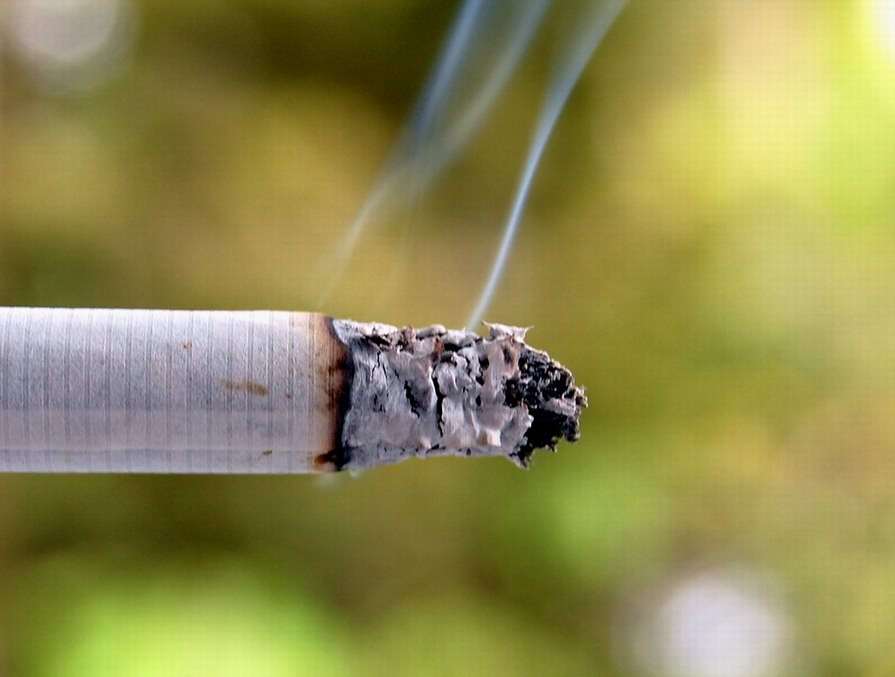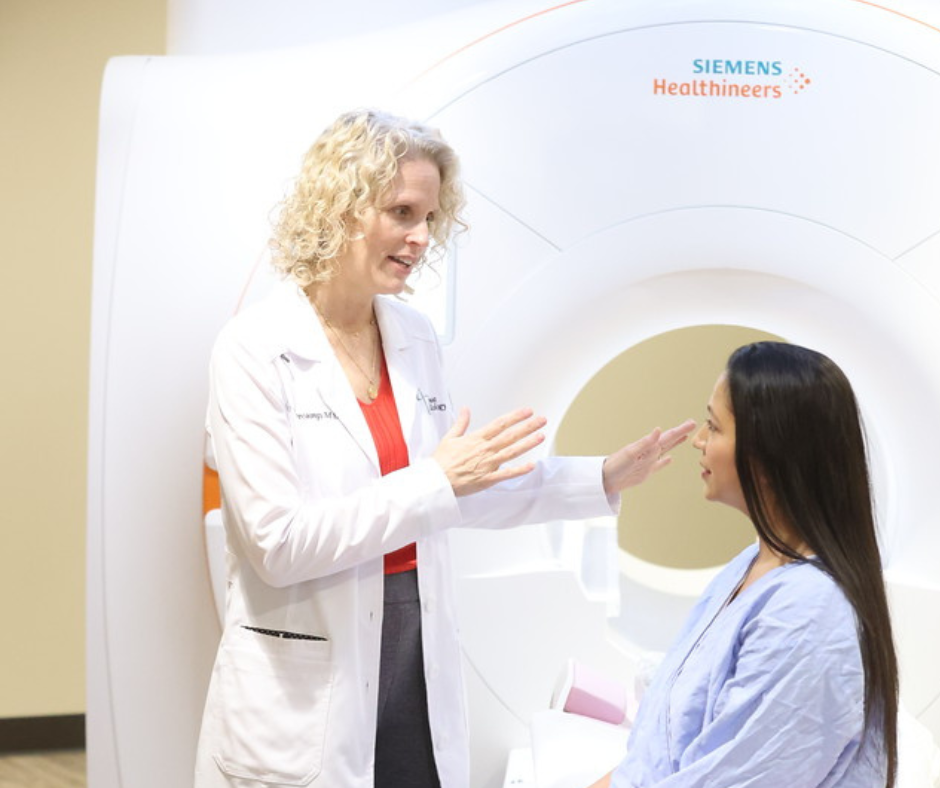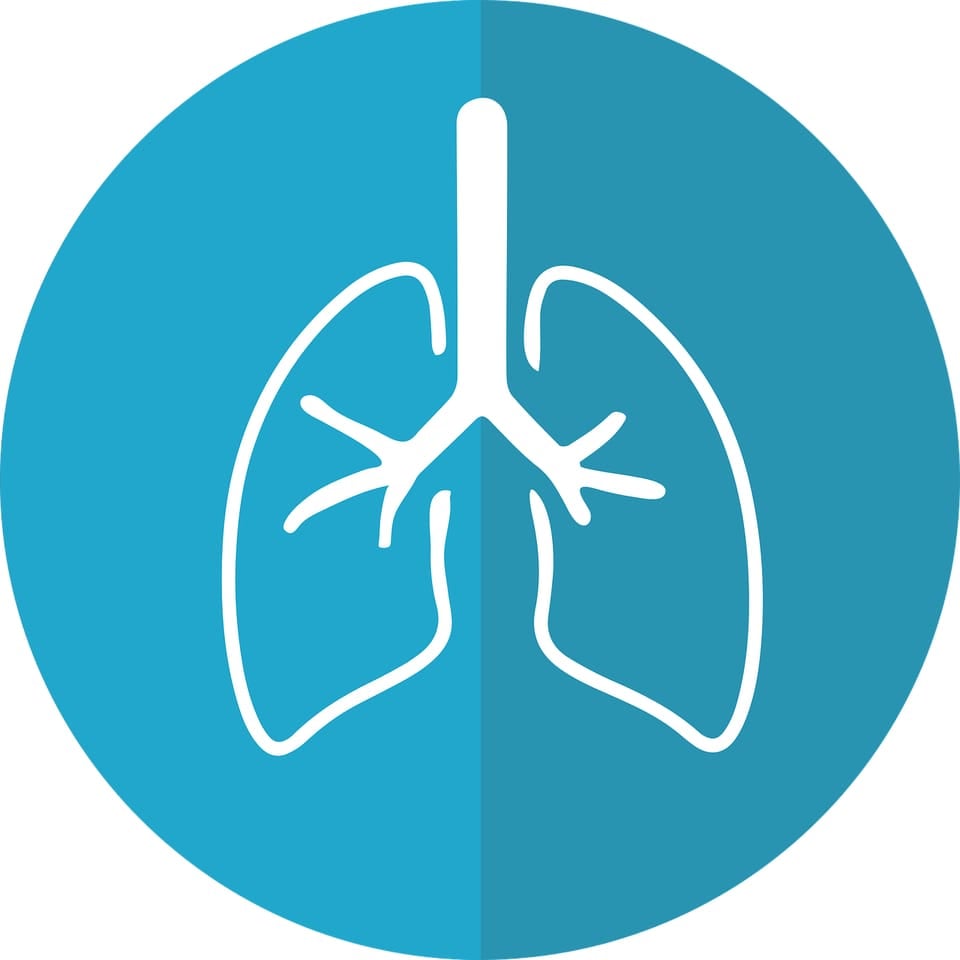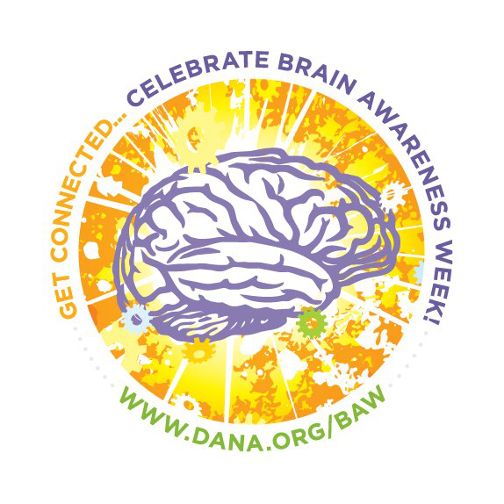Low-Dose CT Screening for Early Lung Cancer Detection
Jul 10, 2023 12:45:00 PM Posted by Iowa Radiology
Lung cancer is the single deadliest form of cancer worldwide and accounts for approximately 20% of cancer deaths in the U.S. Lung cancer deaths climbed steadily from 1930 through 1990, when 91.1 out of every 100,000 men died of...
Early Lung Cancer Detection
Jan 30, 2023 11:25:58 AM Posted by Iowa Radiology
Lung cancer is the leading cause of cancer death and the second most common type of cancer in the U.S.[1] One of the reasons lung cancer is so deadly is that symptoms often don’t appear until the disease has reached an advanced...
What’s the difference between CT and MRI?
Jan 2, 2023 10:07:00 AM Posted by Iowa Radiology
Computed tomography (CT) and magnetic resonance imaging (MRI) are frequently used by medical professionals to visualize internal body structures. Both technologies are capable of producing detailed three-dimensional images, and...
Lung Screening Guideline Changes in 2022
Apr 1, 2022 11:00:00 AM Posted by Iowa Radiology
Expanded Medicare Coverage
In February of this year, the Centers for Medicare and Medicaid Services (CMS) announced that it was expanding coverage for an early lung cancer detection procedure known as low-dose CT lung screening...
Quitting Smoking Is Hard, but Reducing Your Risk of Cancer Death Isn’t.
May 12, 2021 1:15:00 PM Posted by Iowa Radiology
If you’re a long-term smoker, you probably don’t need to be reminded that it’s bad for your health. You understand that smoking makes it more likely that you’ll develop lung cancer. If it were easy to just quit, you would have...
Proactive Health Tips for Women in their 50s
Apr 22, 2021 11:15:00 AM Posted by Iowa Radiology
In your 50s, your body changes in important ways. Staying healthy and strong takes more effort than it used to, but it’s well worth it! Follow these tips to feel your best and help your body carry you through this decade with...
Life Without Smoking: What to Expect
Nov 12, 2020 1:15:00 PM Posted by Iowa Radiology
Standard lung screening guidelines have changed as of 4/1/2022. For more information visit "Lung Screening Guidelines Changes in 2022"
Quitting smoking is hard. Nicotine is highly addictive, so even occasional smokers can become...
Can I Be Tested for Lung Cancer If I Don’t Have Symptoms?
May 22, 2020 12:41:42 PM Posted by Iowa Radiology
Are you wondering if now is a good time to get tested for lung cancer, even if you’re not currently experiencing any symptoms? Getting a screening early is a good idea to make sure you’re healthy or identify potential cancer...
Smoking and Your Health in the Age of COVID-19
May 5, 2020 11:00:00 AM Posted by Iowa Radiology
Standard lung screening guidelines have changed as of 4/1/2022. For more information visit "Lung Screening Guidelines Changes in 2022"
It’s been understood for decades that tobacco smoking is the single leading cause of lung...
Brain Awareness Week 2019—CT and MRI Imaging
Mar 11, 2019 11:16:00 AM Posted by Iowa Radiology
Each year since 1996, the Dana Alliance for Brain Initiatives promotes Brain Awareness Week. The initiative brings together people from academia, government, and professional and advocacy groups to celebrate the brain and promote...

.png)









